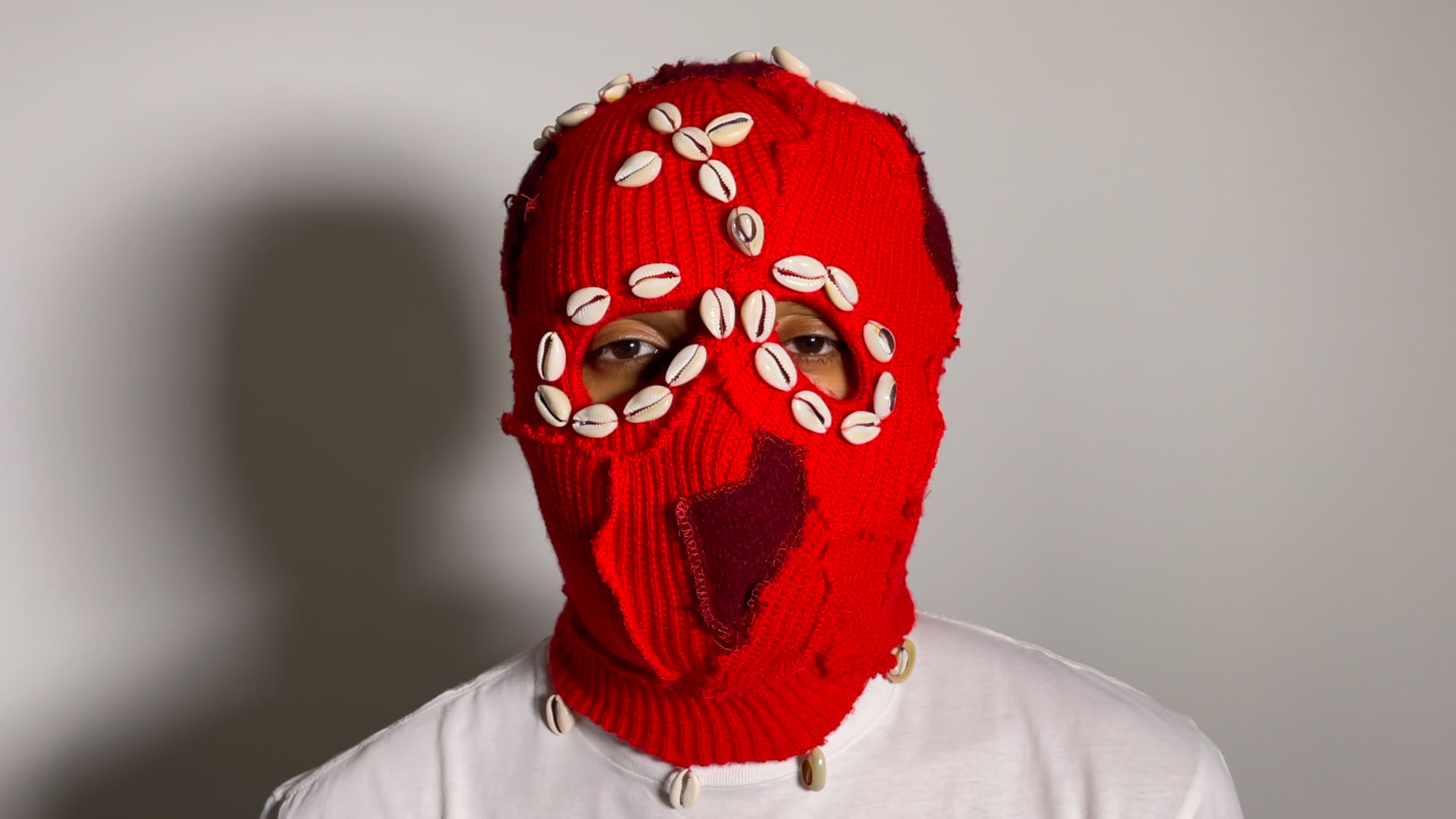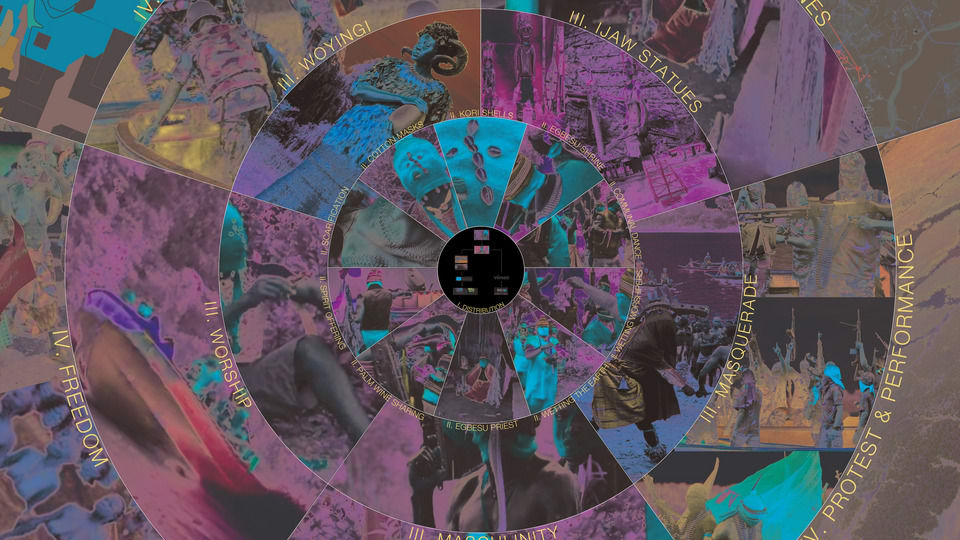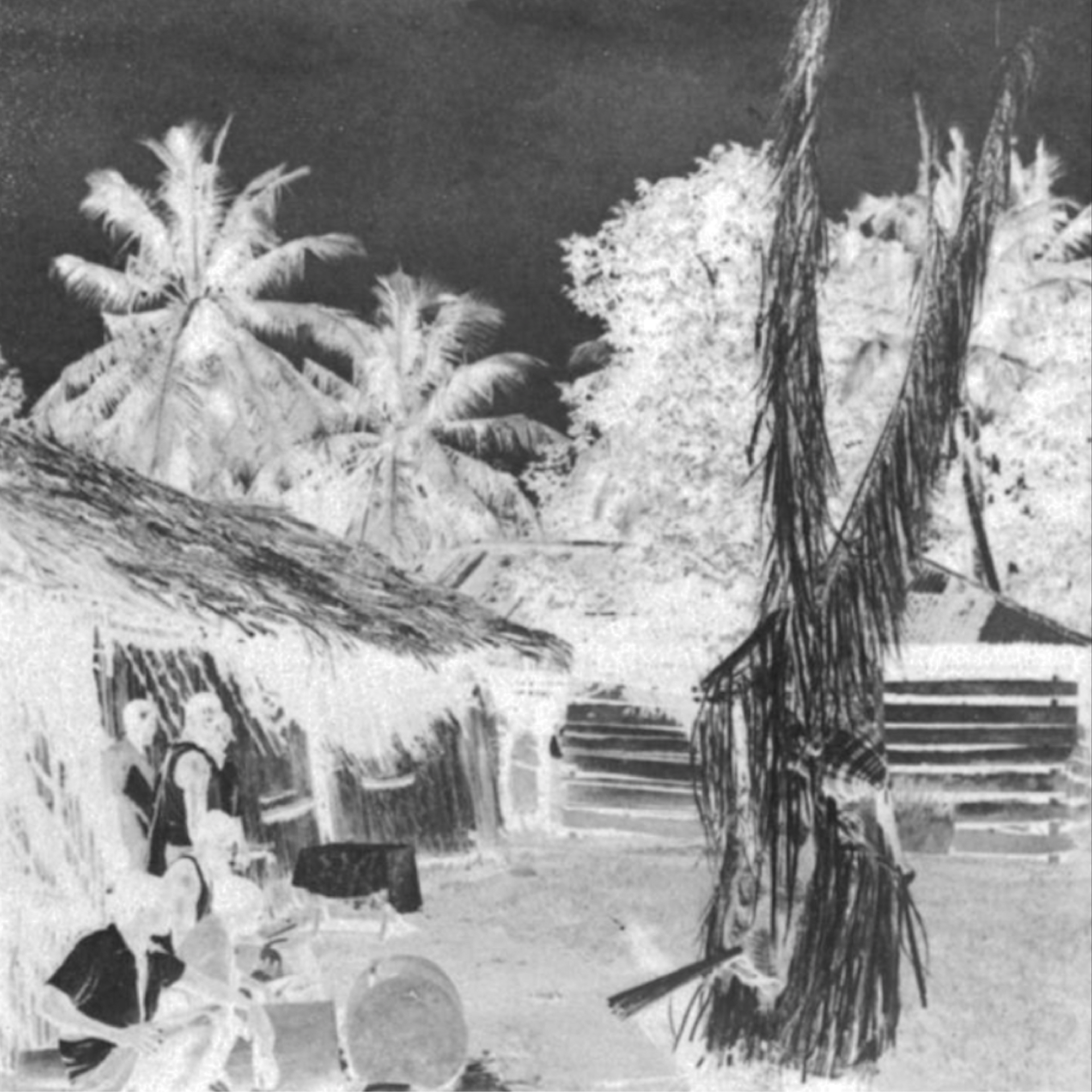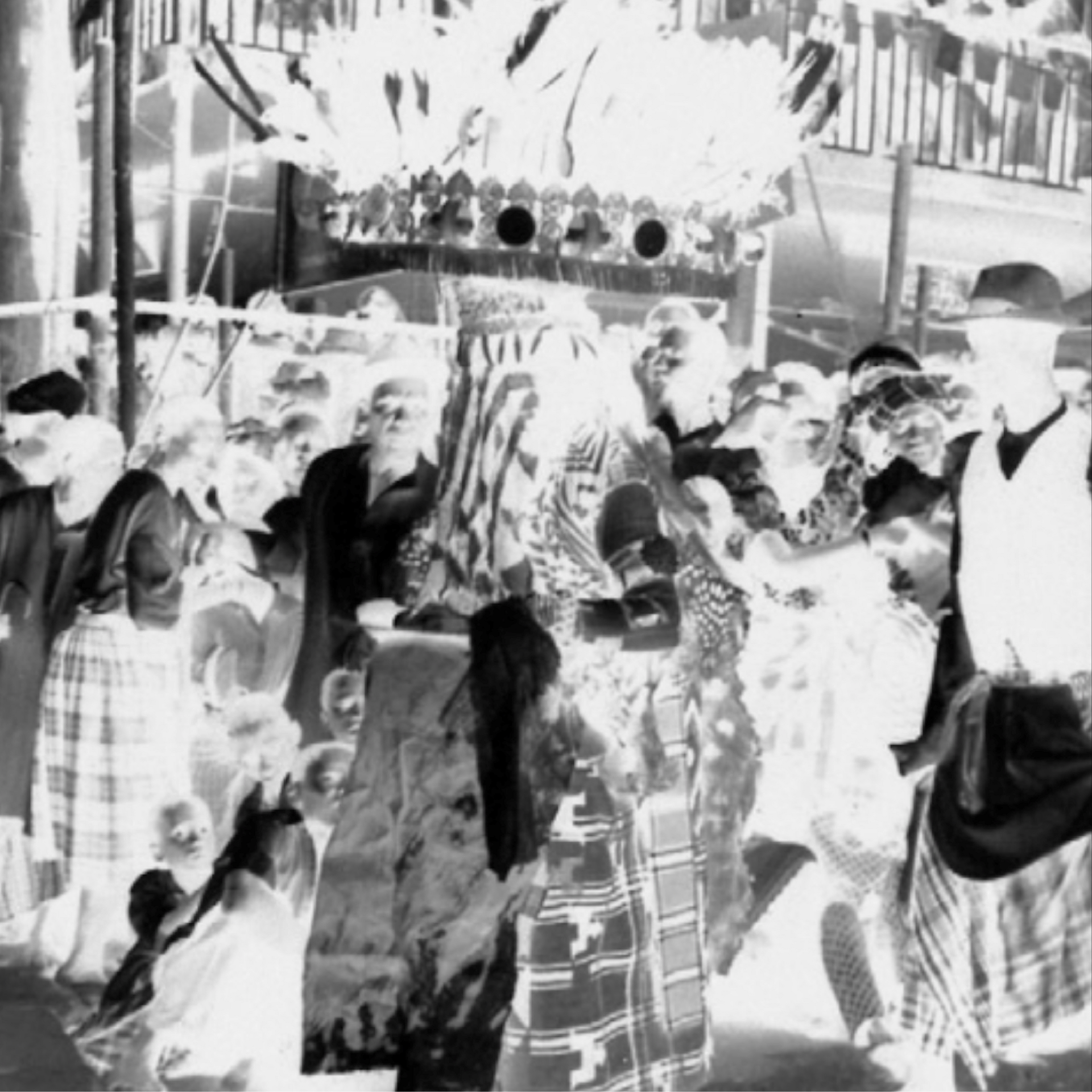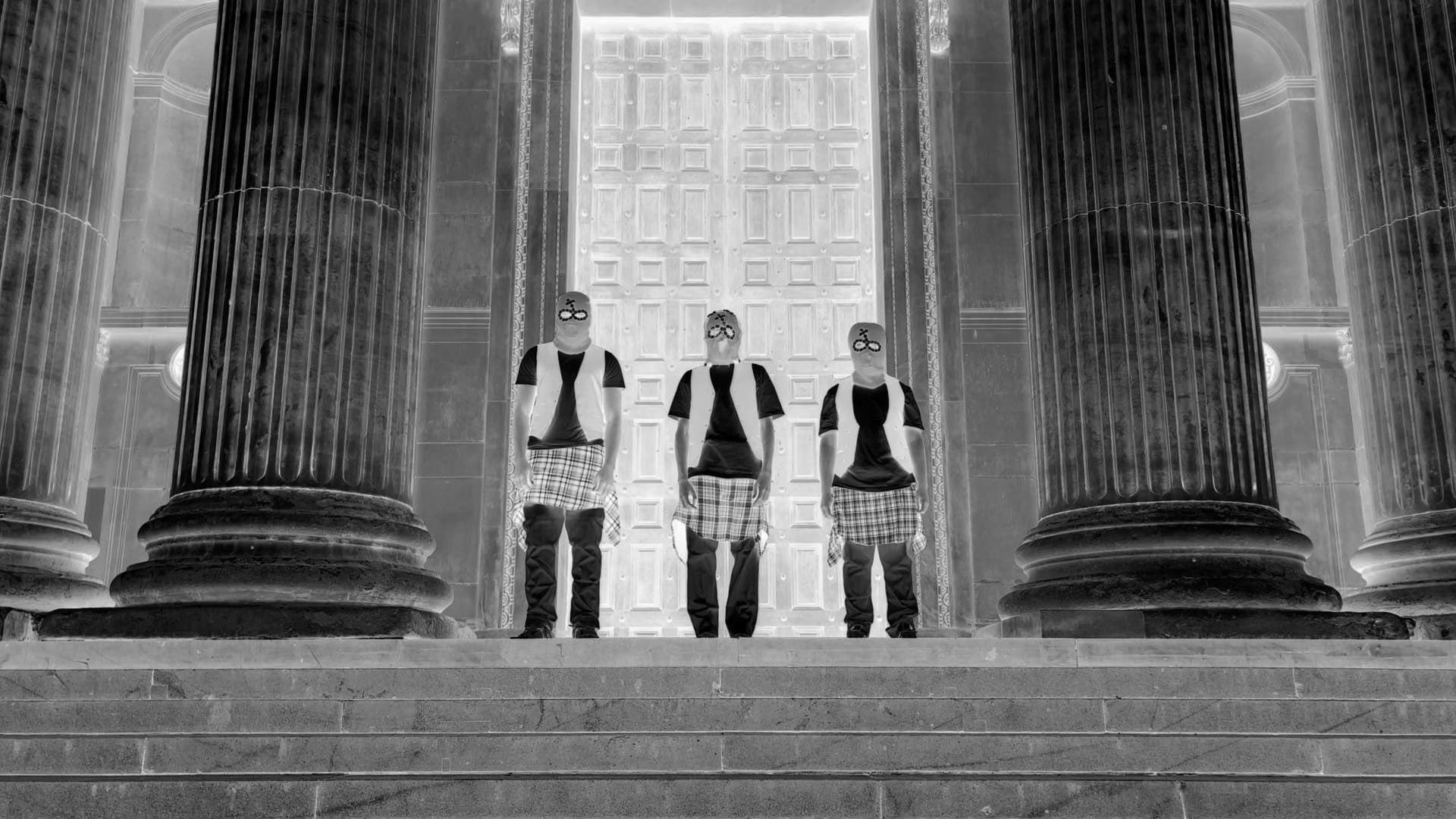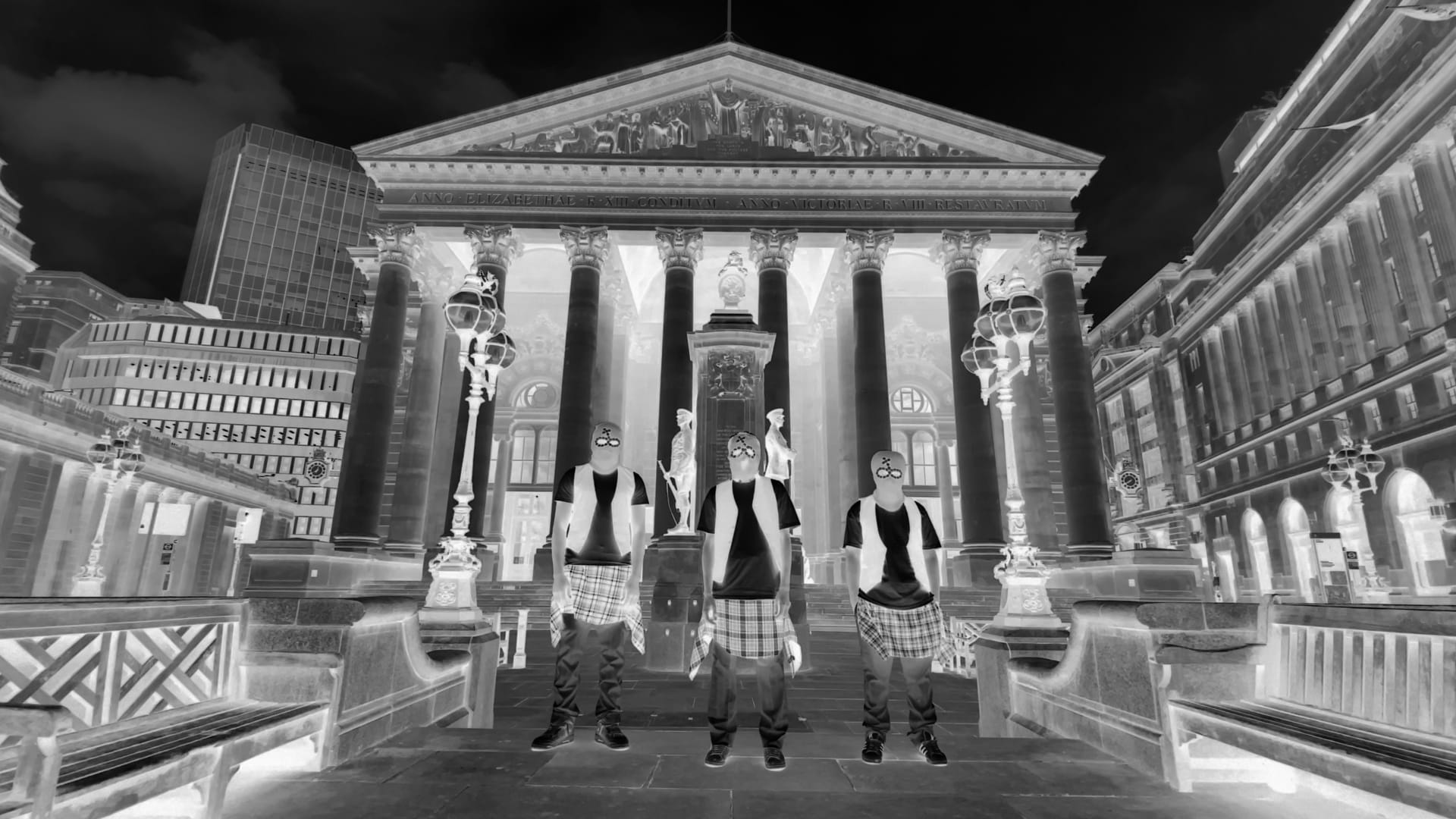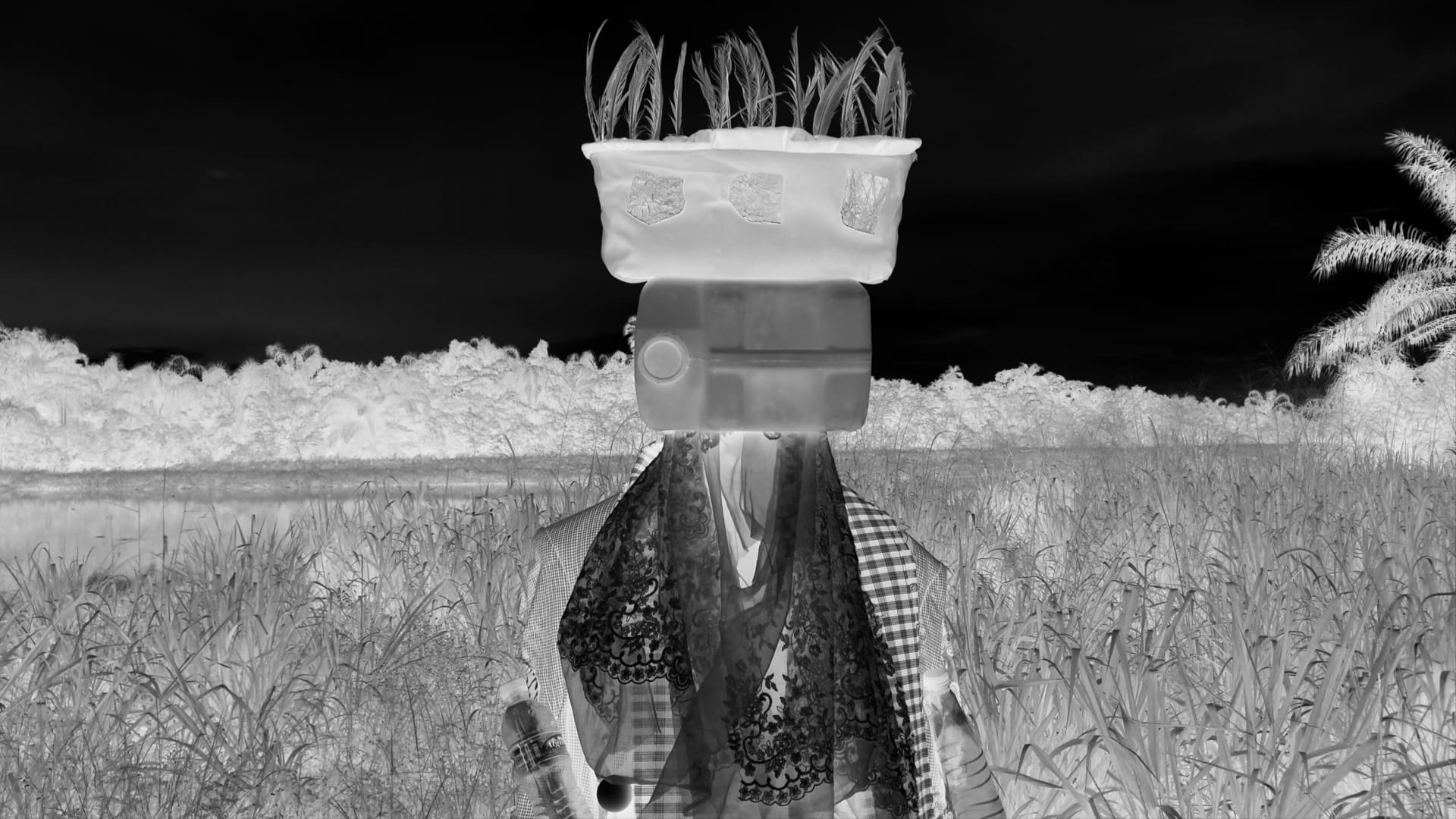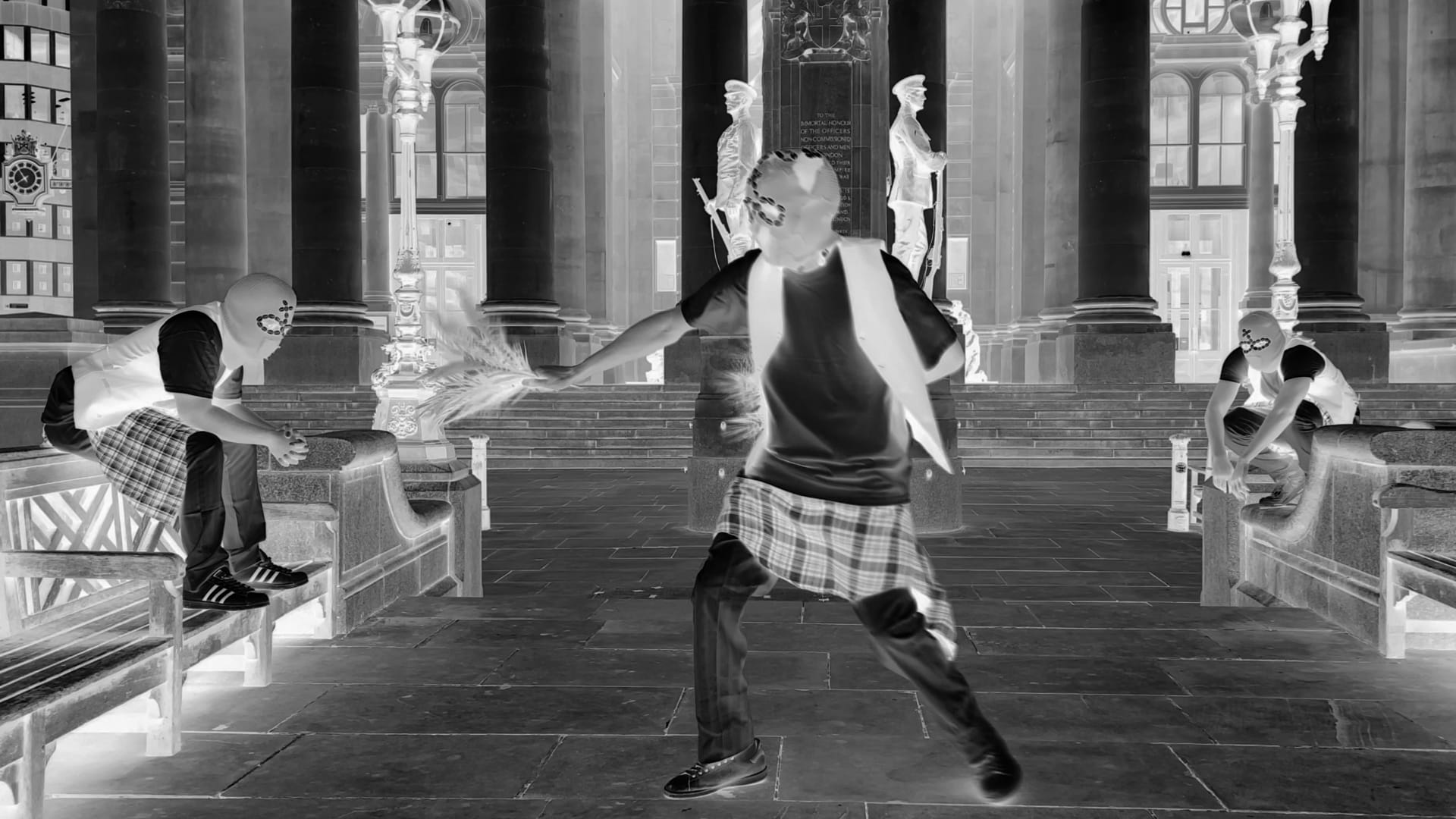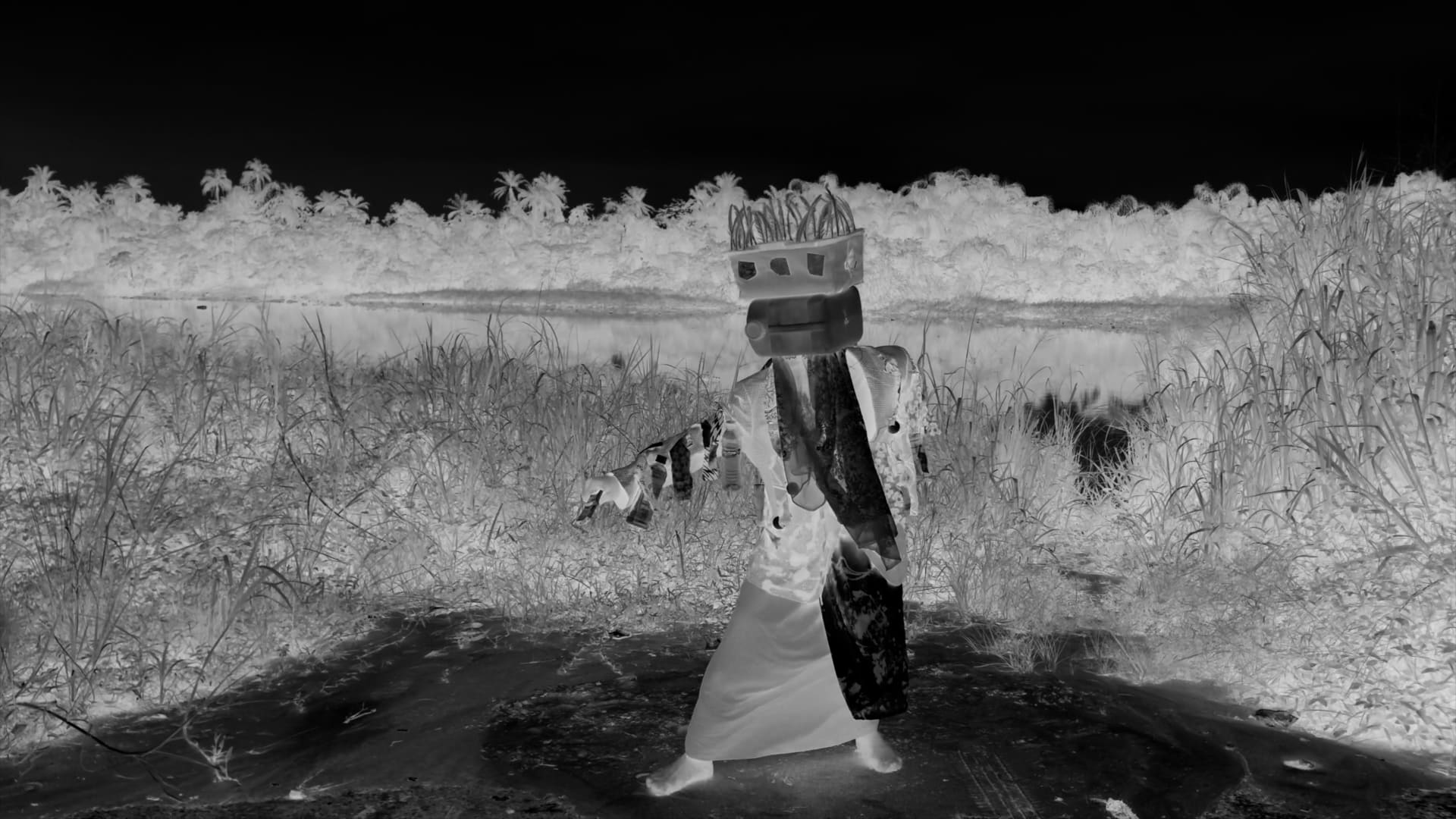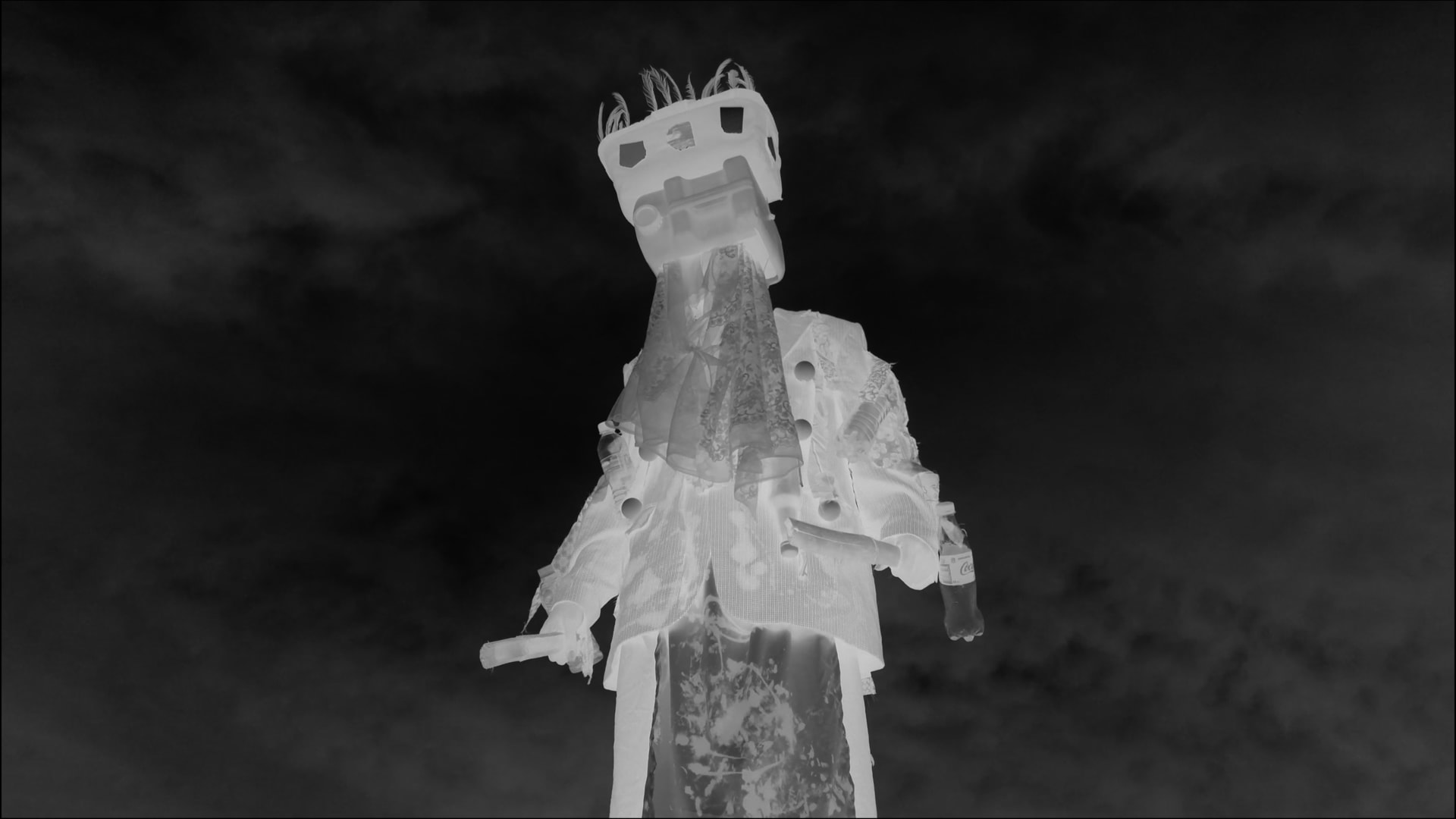Remi is a London based spatial practitioner and researcher, currently exploring the intersections between the politics of race, coloniality, cartography, performance, and more-than-human metabolism.
During his undergraduate studies at the University of Westminster, Remi developed co-housing typologies across different contexts, leading him to research and briefly work in Ahmedabad, Beijing, Lagos and Tromsø. After graduating Remi worked as an Architectural Assistant at Hawkins\Brown where he gained experience on an array of mixed-residential, urban-design, and education projects.
His first project at the Royal College of Art, titled Hydrophobic Hydrophiles proposes a dynamic wetland scheme that facilitates optimum microbial activity, to remediate the landscape of Hemel Hempstead, from poly-fluoroalkyl (PFAS) pollution. This research was developed further in Metabolic Selves, a collaboration with the Serpentine Galleries’ Back to Earth initiative and the General Ecology project.
Remi's thesis project Water No Get Enemy positions masquerade as a method of cartography to critique the neo-colonial extraction of the Niger Delta’s resources. The research from this project was further developed in a collaborative film essay presented at the 5th Istanbul Design Biennial.
Currently, Remi is working with Cooking Sections, a London based duo examining the systems that organise the world through food.
